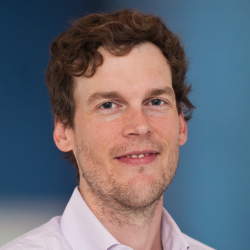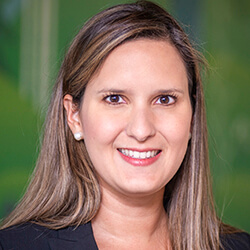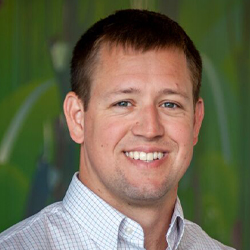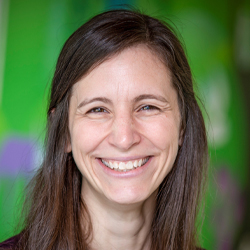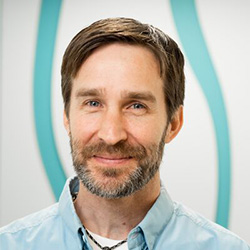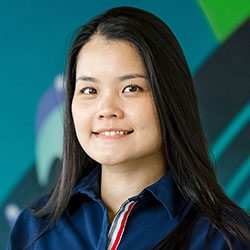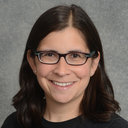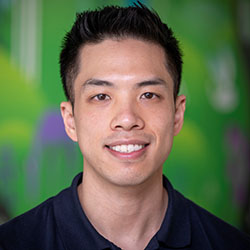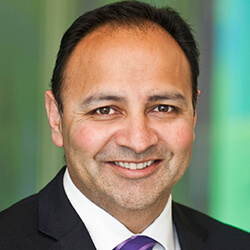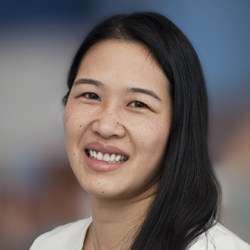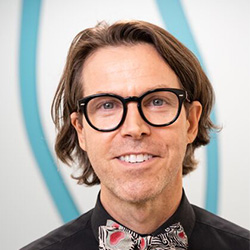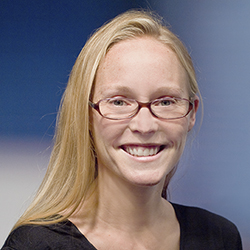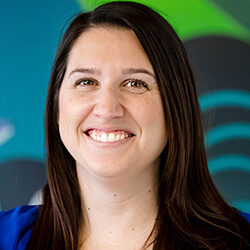Tracheoesophageal Fistula and Esophageal Atresia Program
Contact the TEF and EA Program
What is the Tracheoesophageal Fistula and Esophageal Atresia Program?
Seattle Children’s Tracheoesophageal Fistula and Esophageal Atresia Program is dedicated to providing life-changing care for newborns, children and young adults who have problems with the tubes that carry food or air into the body. These conditions are called tracheoesophageal fistula (TEF) and esophageal atresia (EA). Our team works together to deliver custom care, just for your child.
TEF and EA happen while a baby is growing during pregnancy. Most often, TEF and EA happen together, but sometimes a child has 1 condition and not the other. Learn more about TEF and EA.
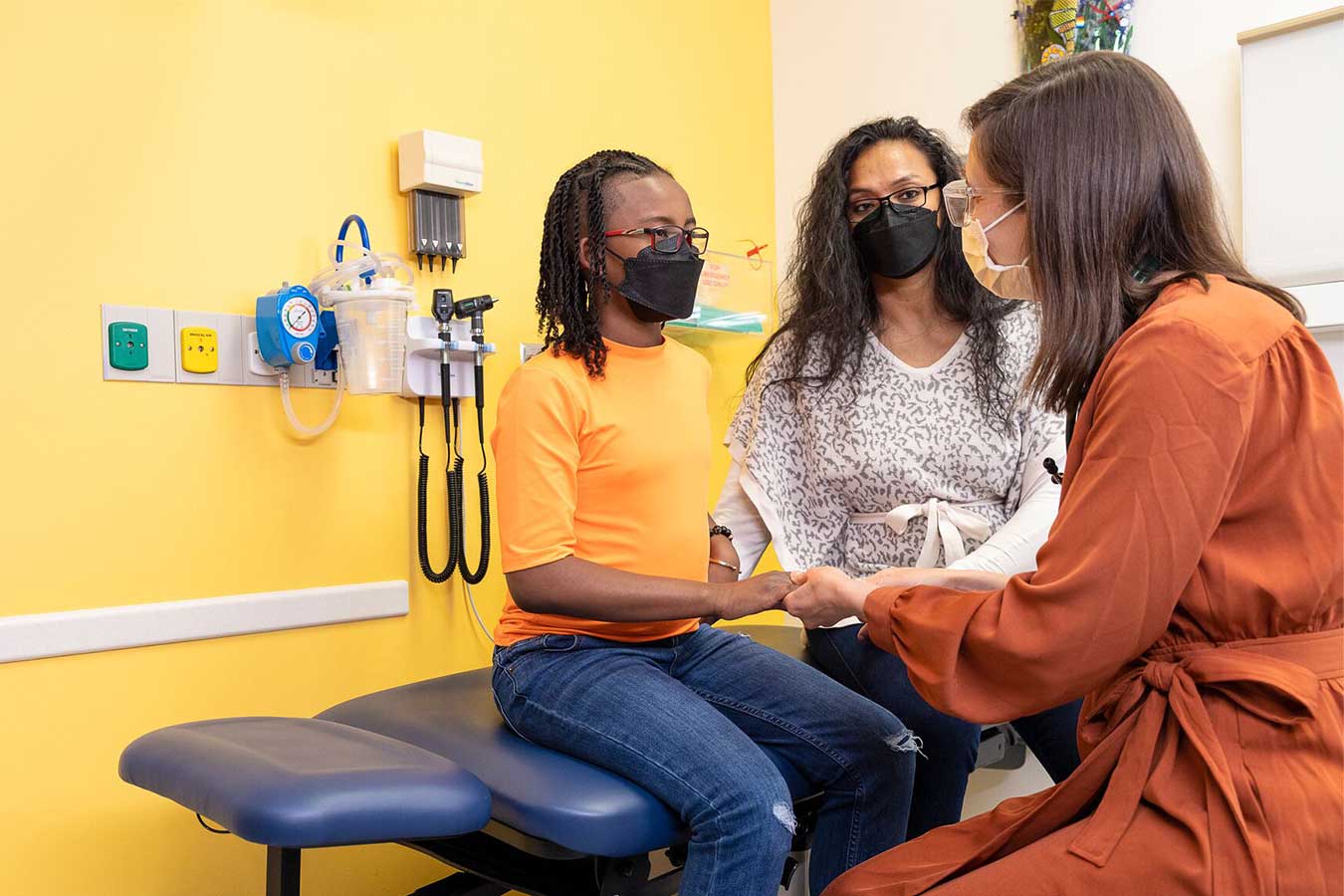
'He’s Able to Be a Kid and Be Free’: DeAngelo Thrives After Complex Surgeries and Care at Seattle Children’s
DeAngelo was born prematurely in Tacoma, Wash., at 31 weeks with esophageal atresia (EA), in which the esophagus does not form properly before birth, and tracheoesophageal fistula (TEF), an abnormal connection between the windpipe and esophagus. Read DJ’s story.
What’s special about Seattle Children’s Tracheoesophageal Fistula and Esophageal Atresia Program?
Better outcomes through customized care plans
Seattle Children's Tracheoesophageal Fistula and Esophageal Atresia Program has the medical and surgical expertise to help your child not only survive but thrive — from diagnosis through treatment and long-term follow-up. We partner with you to create customized treatment plans and give your child exceptional medical care every step of the way.
Experienced team focused on your child’s needs
We are the only Tracheoesophageal Fistula and Esophageal Atresia Program in the region with expertise in all the areas that babies with TEF and EA may need. These areas include surgery, gastroenterology, otolaryngology, pulmonary, speech pathology, and nutrition. This comprehensive care model ensures that every aspect of your child’s health is addressed.
Collaborative care, starting before birth
Most cases of TEF and EA are diagnosed prenatally. If TEF and EA are discovered during pregnancy, our team will partner with experts in our Fetal Care and Treatment Center team to help you prepare for what lies ahead. We work with your birth hospital to arrange the special care your baby will need. We have a highly skilled transport team and the state’s first Level 4 Neonatal Intensive Care Unit (NICU), the highest level of care.
Novel research to advance care
Seattle Children’s leads research in the lab and in the clinic to improve treatment and quality of life for children born with problems like TEF and EA. Our patients have the option to take part in research studies of promising new treatments. These are called clinical trials.
How We Treat TEF and EA
We treat babies with TEF and EA with surgery soon after they are born. The type of surgery will depend on your baby’s condition. Our team will talk with you about the best option for your child.
We perform a variety of specialized surgeries to ensure the best outcomes for your child, including:
- Tracheoesophageal fistula repair: Correcting abnormal connections between the trachea (windpipe) and esophagus (food pipe).
- Esophageal atresia repair: Correcting a condition where the esophagus does not form properly.
- Tracheopexy: Strengthening and repositioning the trachea to treat breathing difficulties
- Vascular ring repair: Correcting abnormal formations of blood vessels that can compress the trachea and esophagus, causing breathing or swallowing problems.
- Triple endoscopy procedures: Combining three procedures (bronchoscopy, endoscopy, and laryngoscopy), in one anesthesuia session to reduce the number of hospital visits and anesthesia exposures
- Endoscopic procedures for esophageal strictures: Treating a narrowing of the esophagus through dilation (stretching), steroid injections, incisional therapy (cutting the scar tissue), and placing stents to keep the esophagus open.
Our team of experts will work with you to keep watch on your child’s health until they reach early adulthood. We provide ongoing support and resources to you and your child.
Scheduling an Appointment With the Tracheoesophageal Fistula and Esophageal Atresia Program
- If you would like a referral to the Tracheoesophageal Fistula and Esophageal Atresia Program, talk to your primary care provider.
- How to schedule an appointment at Seattle Children’s.
- If you already have an appointment, learn more about how to prepare.
- View tracheoesophageal fistula and esophageal atresia resources such as useful links and recommended reading for you and your family.
Tracheoesophageal Fistula and Esophageal Atresia Program Team
Seattle Children's Tracheoesophageal Fistula and Esophageal Atresia Program team is made up of experienced specialists in pediatric surgery, pulmonology, gastroenterology, otolaryngology, nutrition and feeding.
Providers
Contact Us
For more information, call the Tracheoesophageal Fistula and Esophageal Atresia Program at 206-987-5963. If you would like an appointment, ask your child’s primary care provider for a referral.
Providers, see how to refer a patient.
Telemedicine at Seattle Children’s
Your child’s first appointment in our clinic will be in person and take about 90 minutes. Later visits may be offered via telehealth (virtual). Learn more about telemedicine at Seattle Children’s.
Paying for Care
Learn about paying for care at Seattle Children’s, including insurance coverage, billing and financial assistance.
